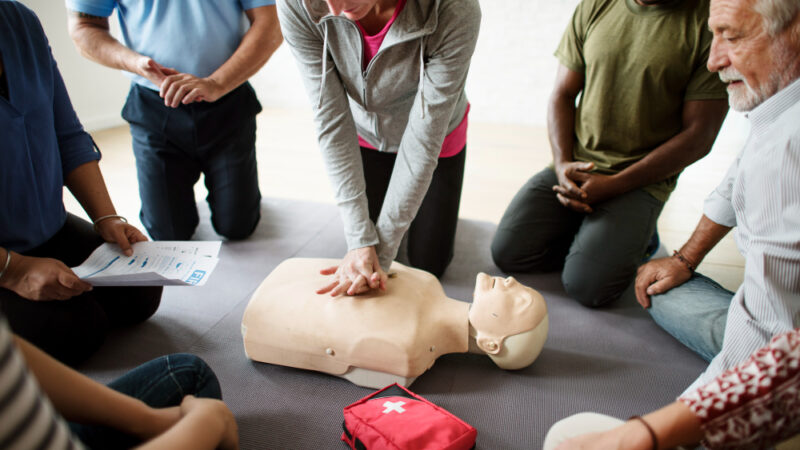How to Prevent Diabetes

Diabetic complications can lead to a dual risk of cardiovascular disease, blindness, and poor wound healing, among others. Pre-diabetes is a condition in which your blood glucose is considered high, but not high enough to be diagnosed as such. People with pre-diabetes are urged to take steps to prevent diabetes disease from becoming completely diabetic. Here are a few tips:
Watch What You Eat

- Integrate vegetables and fruits, include them in all your meals, and have fruit for your snacks. Try to stick to “colorful” fruits. Choose non-starchy vegetables such as spinach, broccoli, carrots, and beans instead of starchy foods like potatoes or yams. Whole wheat and dried beans are also preferable to their substitutes.
- Include fish that is preferably grilled, steamed, or steamed in your meals at least twice a week.
- Avoid the fat in your meat and choose lean meat. You should also choose fat-free dairy products, such as skim milk, fat-free cheese, and non-fat yogurt.
- Choose clear drinks versus processed colorful drinks Drink tea or water without sugar and cut soft drinks and other sugary drinks. Minimize your coffee consumption, especially sweet coffee.
- Completely remove junk food from your diet. Chips, ice cream, and other high-fat, low-nutrient foods are a no-no.
- When choosing cooking oil, take liquid oil over solid lard. Solid oils are rich in trans fatty acids, which are harmful to your body.
- Avoid fast foods, processed foods, and fried foods.
- Control your portions when you eat. You can have three fixed meals a day or six small meals spread throughout the day.
- Limit your sugar consumption.
Exercise
Exercise has a direct effect on your blood sugar, also known as blood sugar. There is no doubt that exercise is an important step in the prevention of diabetes. For an average person, 30 minutes of moderate physical activity five times a day is enough to prevent diabetes. You have to do three types of exercises: aerobics (or cardio), weight training, and stretching.
- For aerobics, you can take a quick 30-minute walk in your neighborhood or on a treadmill. You can also buy a low-impact aerobic workout video, take dance classes, swim or use a stationary bike. Remember, if you are a beginner, you must first familiarize your body with low-impact exercises before moving on to high-impact exercises, especially if you are taking preventive medications. Low glucose levels can cause dizziness as a result of a high-impact exercise program. Slow down while maintaining your pace.
- Strength exercises lift weights. Like aerobics, start slowly with five-pound weights until you can switch to heavier weights. Resistance training, like aerobics with the ball, also helps strengthen your strength.
- Stretching simply means working one’s muscles. Yoga, Pilates, and tai chi are three popular exercises that you can follow for stretching exercises.

Healthy life
- Avoiding or giving up alcohol, smoking and banned drugs are all steps toward a healthier lifestyle. Ensuring that the rest of your body is strong and works perfectly helps prevent diseases like diabetes. In the case of diabetes, quitting early means that you will reduce your risk of cardiovascular disease, which aggravates smoking.
- Drink in moderation, which means no more than two glasses for men a day and one drink a day for women. Choose light wines and dry beers, those with low alcohol and sugar content. If you are already taking diabetic tablets, try to get rid of this habit altogether: your blood sugar can drop dangerously low, causing hypoglycemia.
Diabetic Pills Or Insulin
If your diagnosis of pre-diabetic has been diagnosed, your doctor will probably prescribe medication to lower your blood sugar. These medications will be accompanied by strict prescriptions about what you can or cannot do, which you must follow to the letter.
In general, there is no sure way to prevent diabetes, especially if you have a family history of diabetes. However, the gradual elimination of risk factors will greatly help prevent diabetes from manifesting itself.






